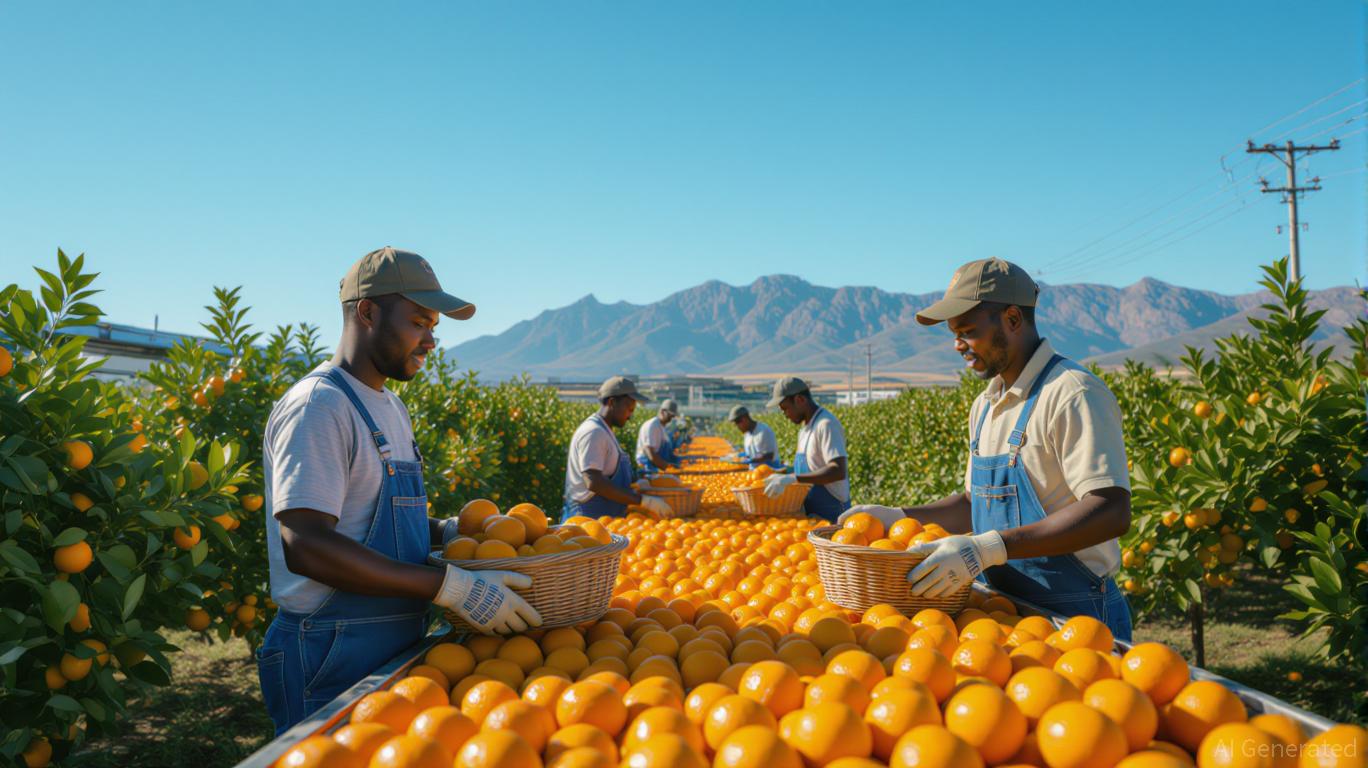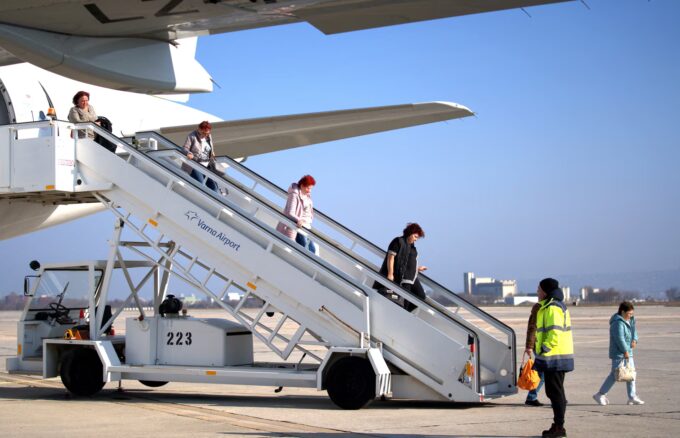South Africa has been hit with some of the steepest tariffs of any major emerging market, with the United States imposing duties of up to 30% on its exports a rate that ranks as the third-highest globally, according to S&P Global Ratings. If India’s expected new tariffs are excluded, South Africa climbs to second place.
The move has placed South African goods at a severe competitive disadvantage in the American market, particularly in key industries such as citrus farming and automotive exports. Citrus producers, heavily reliant on the US due to opposite growing seasons, now face 30% tariffs compared to just 10% for competitors like Chile and Peru, making their products significantly less attractive to American buyers. The automotive sector is also being squeezed, with exports to the US already declining and sparking concerns that global manufacturers may scale back operations in South Africa.
Economists warn the tariffs could slow South Africa’s GDP growth for 2025 from earlier projections of 1.8% to around 1%. Standard Bank estimates that every 10 percentage point rise in tariffs trims GDP growth by 0.1%, meaning the 30% duty could weigh heavily on the economy.
Despite the challenges, analysts caution against overstating the threat. Only 8% of South Africa’s exports go to the US, with a large share in minerals and metals that may be exempt due to their classification as critical imports. Furthermore, resilient local demand, a stronger rand, and improved domestic conditions including lower inflation at 3%, reduced interest rates, and more stable electricity supply, are expected to cushion the blow.
The economy has also been buoyed by surging commodity prices, with platinum and palladium up 45% and 25% respectively since the start of the year, strengthening revenues, corporate taxes, and potentially household incomes. Meanwhile, South Africa’s Purchasing Managers Index (PMI) has stayed in positive territory for four months, signaling continued resilience despite the trade headwinds.
Experts like Old Mutual Wealth’s chief strategist, Izak Odendaal, say that while the tariffs will hurt specific export sectors, they are unlikely to push the country into recession, with rising consumer spending expected to offset much of the negative impact.














Leave a comment